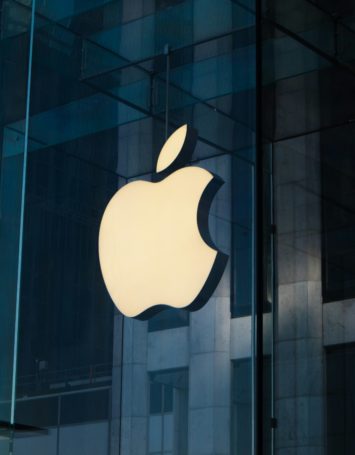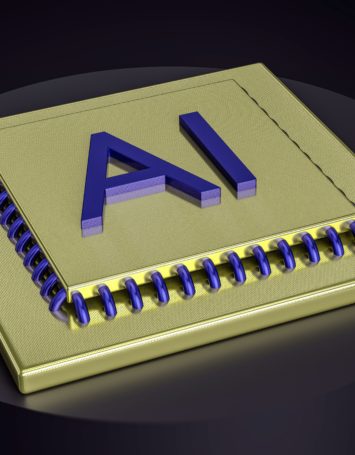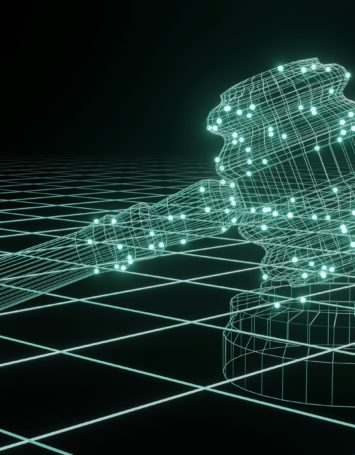Article written by Haim Ravia and Dotan Hammer
Artificial Intelligence (AI) cannot be considered an “author” of a copyrighted work under the copyright law of the United States, and a work created by AI cannot be copyrighted. The decision was delivered by the Copyright Review Board of the United States Copyright Office (USCO), in response to a copyright registration application filed by the owner of an AI program.
The program’s owner, Steven Thaler, applied to register an artwork titled “A Recent Entrance to Paradise”. The applicant identified the copyright claimant as “Creativity Machine”, noting that the work “was autonomously created by a computer algorithm running on a machine”. Thaler’s request was denied in 2019, for “lacking human authorship”. Thaler unsuccessfully requested the USCO to reconsider its refusal, arguing that the requirement for human authorship is unconstitutional. He was denied once again on the same grounds. Thaler then submitted a second request for reconsideration in 2020, arguing that the artwork at issue should be viewed as a ‘work made for hire’ under U.S. copyright law.
In the final decision delivered in February, the USCO reaffirmed its decision to register Thaler’s program’s artwork, stating that “the nexus between the human mind and creative expression is a prerequisite for copyright protection”. The USCO also clarified that its approach is consistent with case law which over the years found non-human expressions ineligible for copyright protection. The USCO also dismissed Thaler’s claim that the artwork is a work made for hire, ruling that AI cannot enter into a binding legal contract, and therefore cannot meet the law’s requirement regarding engagement under a work-for-hire agreement.
CLICK HERE to read the USCO’s decision.



